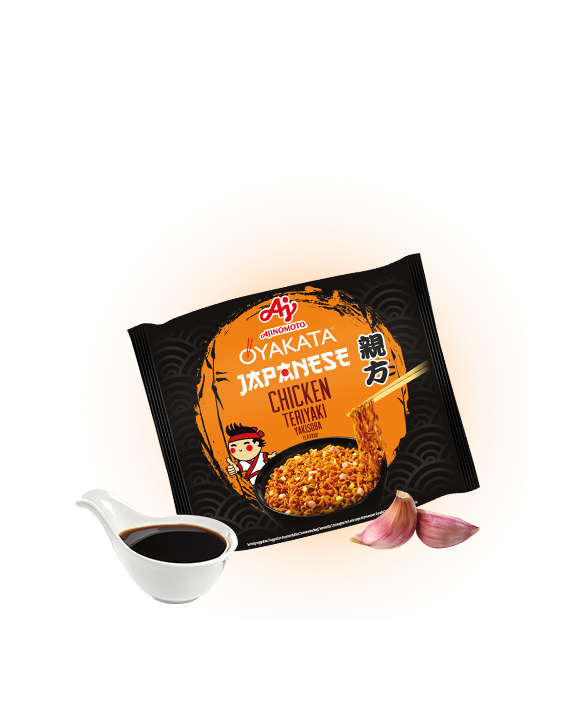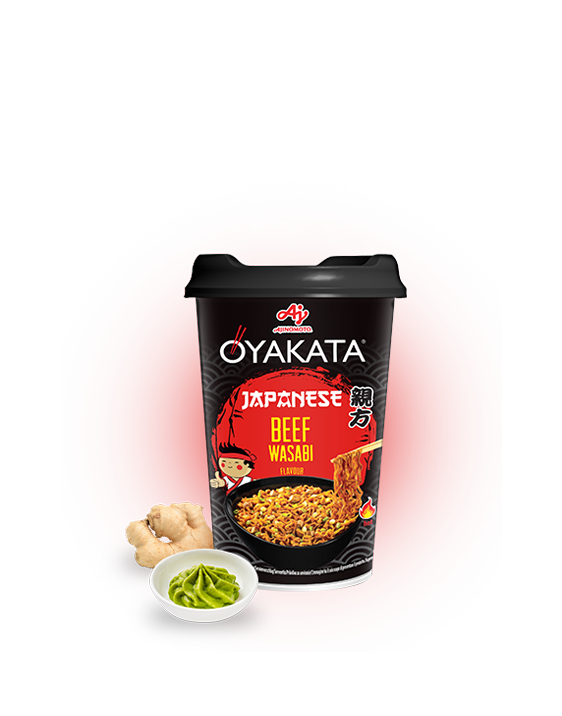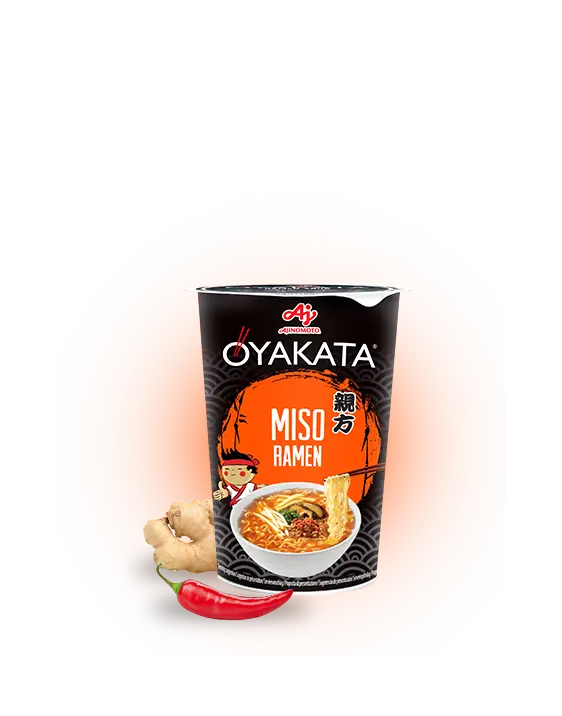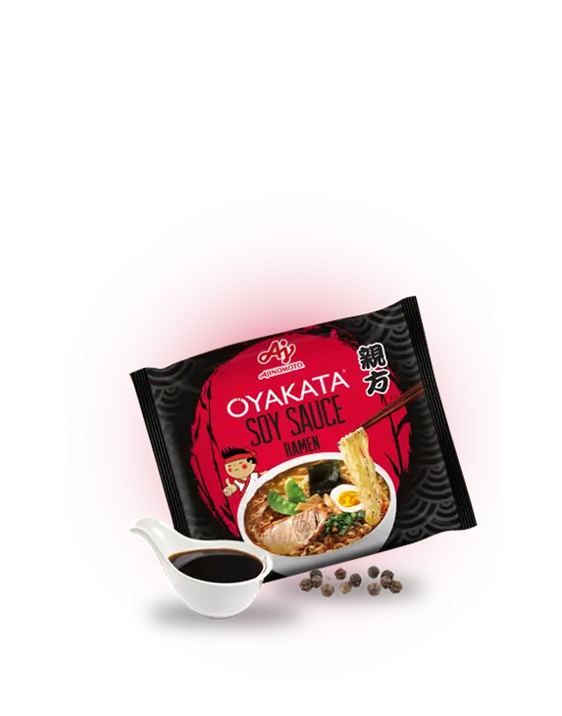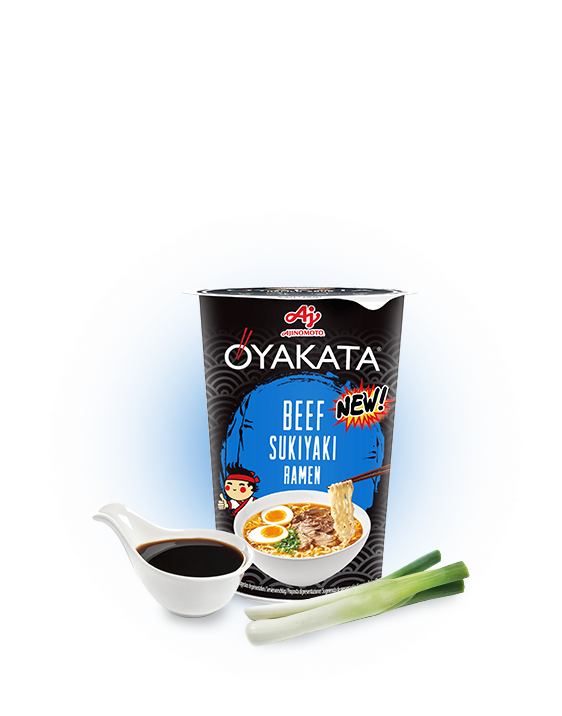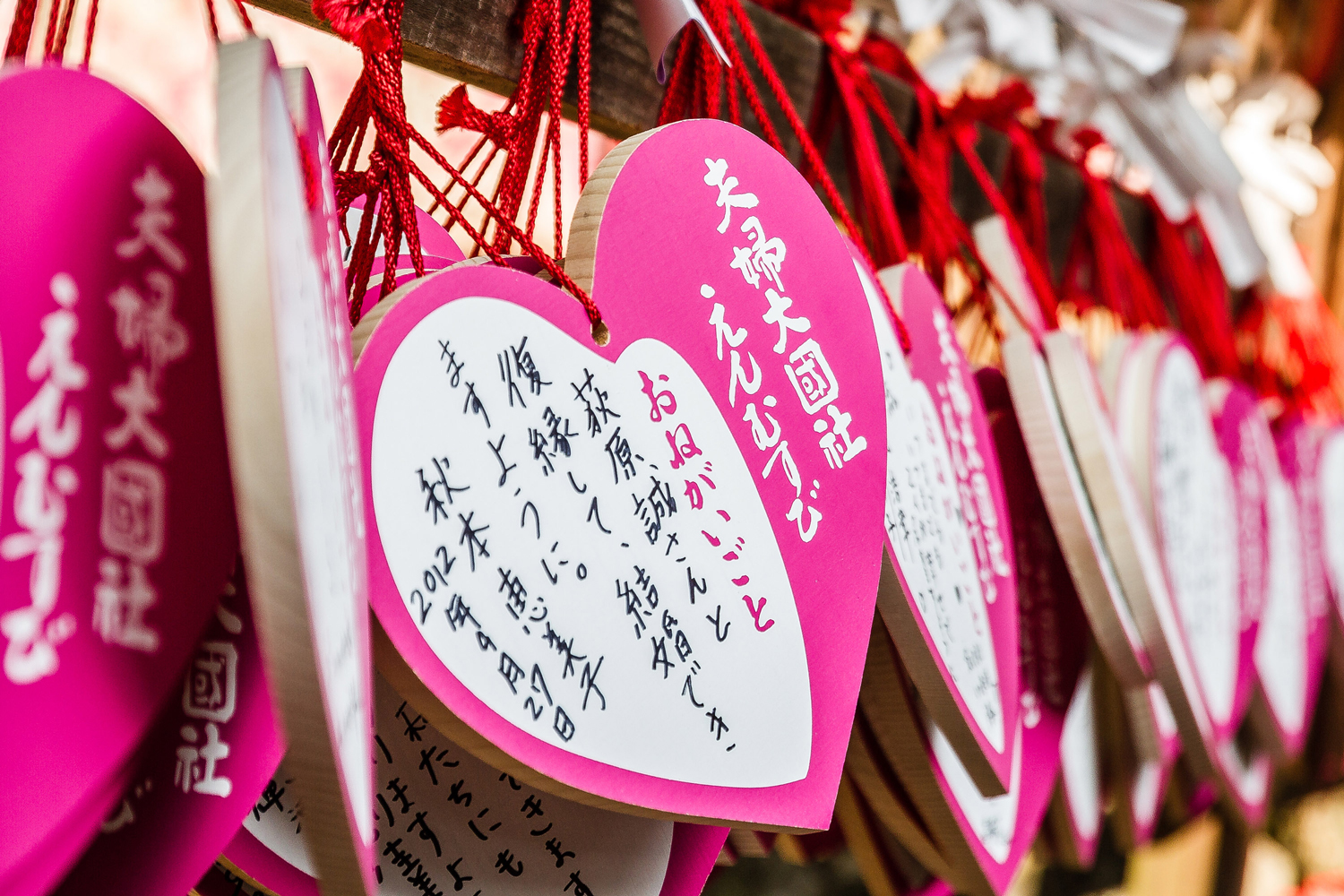

MOST POPULAR PHRASES USED IN JAPAN
Popular Japanese phrases
Before visiting Japan you should learn some Japanese phrases, starting with the basic ones, such as „good day“ (konnichiwa), “thank you very much” (arigato gozaimasu) “goodbye” (shitsurei shimasu – to a person higher in thesocial hierarchy), “excuse me” (sumimasen) and “Bon appétit” (itadakimasu). Pay attention to what form you use and what time of day it is. The Japanese are serious about certain rules of Japanese culture. This is why there are both informal phrases for greeting and parting (“hi” – yā, “see you later” – ja mata, “bye” – mata ne), and formal ones (“good bye” – shitsurei shimasu, “good morning” – ohayō gozaimasu). When addressing a person you don’t know, it is a good idea to use the phrase hajimemashite, meaning “It is a pleasure to meet you”. In the formal context, you can also congratulate somebody (omedetō gozaimasu), say “thank yoy very much” (dōmo arigatō gozaimasu), “I’m very sorry” (gomen nasai) oraz “farewell” (sayōnara). Other useful phrases include a request for help (tasukete), warning (abunai – “watch out!”), calling for the police (keisatsu!) and a request for using the telephone (denwa o tsukatte iidesuka). If you don’t understand something, say: wakarimasen or nihongo [yoku] hanasemasen (“I don’t speak Japanese well”). And if you would like to ask if anyone speaks English: dare-ka eigo hanasemasuka?
Romantic phrases in Japanese
The Japanese are very serious about love. The celebration of this aspect of life is also reflected in the Japanese language, which has many names for different types of love, even though Japanese people are not very open when it comes to expressing their feelings. “Love” in Japanese is ai, aisuru means “to love”, and suki desu, suki da (in coloquial speech), suki dayo (in male speech) and suki yo (in female speech) mean “to like”. Romantic love which is full of passion is referred to as koi, ai denotes the “true” love involving the purest feelings and emotions. Renai means romantic love in Japanese, so a marriage out of love is Renai kekkon, while miai kekkon refers to an arranged marriage. Young people often use the word rabu (or rabu rabu to make it stronger), a Japanized version of the English word love.
Japanese honorifics
In Japan there are a number of ways in which you can express your respect for another person. The Japanese have come up with a broad array of honorific suffixes that go with the last name, first name or position. The most popular one is San, an equivalent to “Mr./Mrs./Miss”. Other popular suffixes include Kun (normally used by males to address other males with a higher social status), Chan (informal diminutive used for addressing females and children), Senpai (towards colleagues and mentors who are higher up in the social hierarchy) Kōhai (towards people with a lower status), Sensei (towards teachers and masters), Sama (a more official version of San), and Shi (a honorific used in official letters, speeches and newspapers).
Phrases to learn before you go
Every culture has a set of phrases that are particularly useful and important in a given country. Japan is no exception: it is important to know certain phrases, verbal gestures and honorifics which are used practically in every context of life. Before you visit Japan, it’s worth buying a Japanese phrasebook to learn more about Japan’s language customs.





